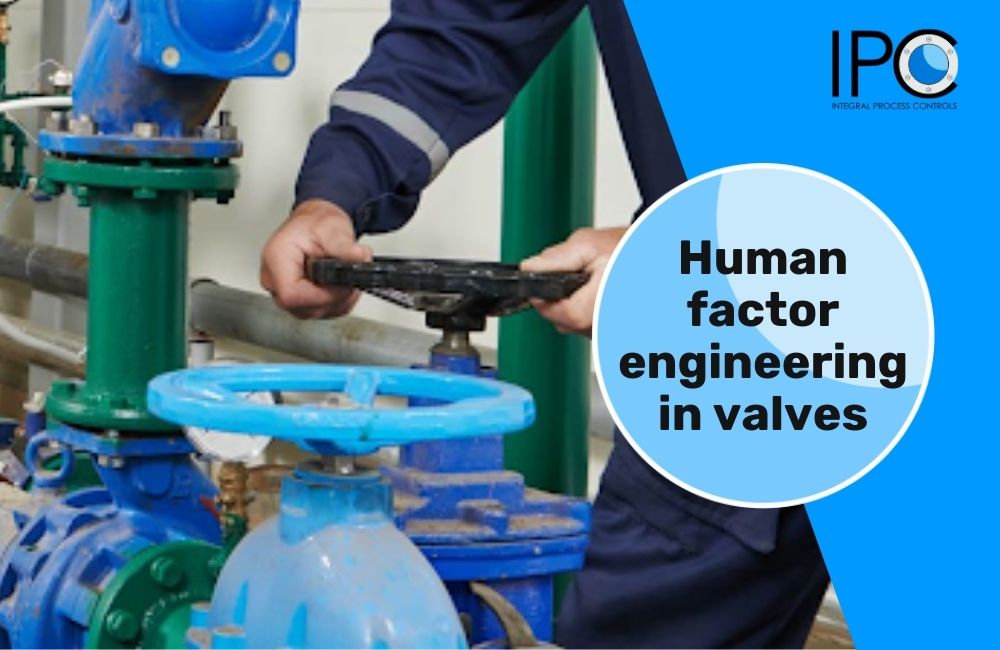Imagine a skilled chef in a 5 Star hotel, being provided with a chulha instead of modern cooking range to cook food
The cooking is slow and the health of the chef is also threatened by the smoke emanating from the ancient tools.
The method is both unsafe and inefficient. Additionally, the equipment is not matching the skill and nature of the worker, which increases the chance for errors.
Considering human factor engineering helps avoid such situations.
Human factor engineering is the science of considering human capabilities and applying the knowledge to design and selection of equipment, as well as processes and systems at work. The purpose of human factor engineering is to avoid errors while improving efficiency by
ensuring availability of the right tools and the right people for operations.
How does human factor engineering apply to valves?
Operating a valve is like adjusting flame for perfect heat in cooking. If the heating knob is too high or too low, the dish will fail. In more critical applications, maintaining the perfect flow of material is vital, and to achieve that, valves must be easy and safe to operate. This is where
human factors come into play.
Typically, human factors need to be considered for manually operated valves. However, if automatic valves need frequent human interference, these considerations should also be applied to them.
Ergonomics
If the valves are hard to actuate, the repetitive stretching movement entail risk of musculoskeletal injury. Such difficulties also mean that not all valves may be efficiently opened or closed, which creates potential for safety hazards. Ergonomics manages the physical force workers need to apply in valve actuation.
Safety
Safety is a major consideration in valves serving critical applications, and it is aptly reflected in valve design. This applies to both manual as well as automated valves. For instance, in case of pneumatic valves, the valves should be able to arrive at a fail-safe position if the air-supply fails. Similarly, fire safe valves are designed to operate even in case of fire. Read more about selecting fire safe valves on our blog here.
IPC works to build valves that resolve the customer’s operational challenges in all aspects including human factors. Our valves and accessories are certified in line with SIL III, and we also supply fire-safe certified valves, offering a complete guarantee of reliability and safety.
Accessibility
Valves should be easily accessible to employees for maintenance or inspection. Complex piping networks sometimes mean that the employees must climb or squeeze into inaccessible places for inspection or maintenance. This increases the possibility of errors being committed. Valves should be selected, tagged and located so that they are easy to access and repair without safety risks.
Integrating human factors at IPC
Delivery of reliable high-performing valves in short lead times is the core focus at IPC. Valve design, and testing process at IPC puts human factors at the center for ease and efficiency of valve operations. Aided by cutting-edge engineering software and compliant with key certifications, we continuously strive to improve human factor engineering in our valves.

